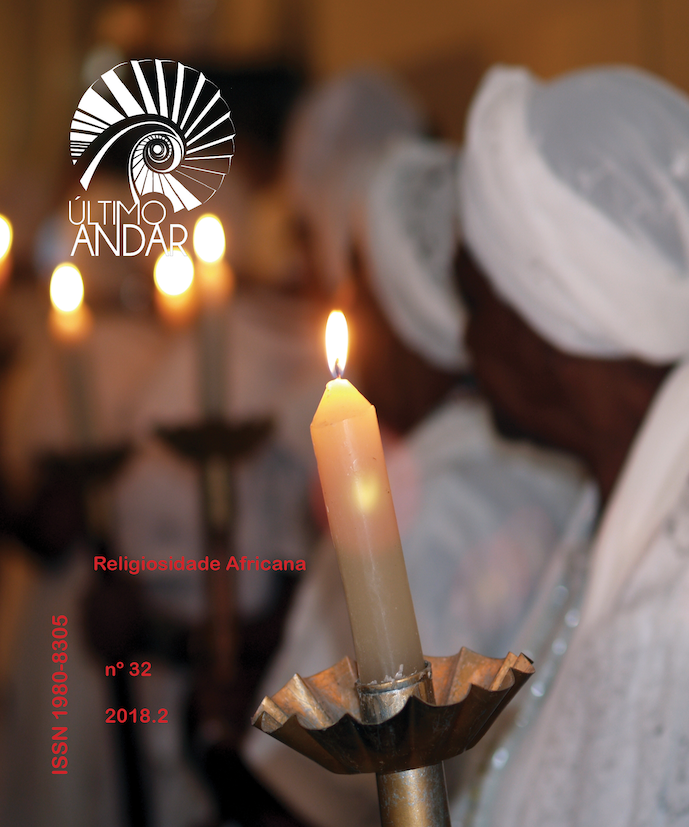THE PARALLEL BETWEEN SCIENCE AND RELIGION IN THE THOUGHT OF RUBEM ALVES
DOI:
https://doi.org/10.23925/1980-8305.2018i2p70-83Keywords:
Desire, imagination, language, objectiveness, orderAbstract
This article aims to present Rubem Alves’s conception of science and religion, with the purpose to demonstrating the following aspects of his thought: (1) the science and the religion are functionally equivalent as possibles languages to order the world – each one of them has its own features to constructs socials ties and interprets the world’s phenomenons; and (2) it is impossible for modern science to know religion, because when the second one is considered as a distant object of the human experience it removes what is essentially constitutes religion, namely, the substantial subjective experience (the emotional, aesthetic and ethic experiences).
References
ALVES, Rubem. Entre a ciência e a sapiência: o dilema da educação. São Paulo: Edições Loyola, 1999.
______. Ciência, coisa boa... In: MARCELLINO, Nelson, C. (org.) Introdução às ciências sociais. 5. ed. Campinas: Papirus, 1994, p. 9-16.
______. (1981). Filosofia da ciência: introdução ao jogo e suas regras. 17ª ed. São Paulo: Editora Brasiliense, 1993.
______. O enigma da religião. Campinas: Papirus, 1984a.
______. (1981). O que é religião. 4 ed. São Paulo: Brasiliense, 1984.
______. O suspiro dos oprimidos. São Paulo: Ed. Paulinas, 1984b.
Downloads
Published
How to Cite
Issue
Section
License
The Authors maintain the copyright and grant the journal the right to first publication, with the work simultaneously licensed under the Creative Commons Attribution License that allows the sharing of the work with acknowledgment of authorship and initial publication in this Journal.
Authors are authorized to assume additional contracts separately, for non-exclusive distribution of the version of the work published in this journal (eg, publishing in institutional repository or as a book chapter), with acknowledgment of authorship and initial publication in this journal.
Authors are allowed and encouraged to publish and distribute their work online (eg in institutional repositories or on their personal page) at any point before or during the editorial process, as this can generate productive changes, as well as increase impact and citation of the published work.


